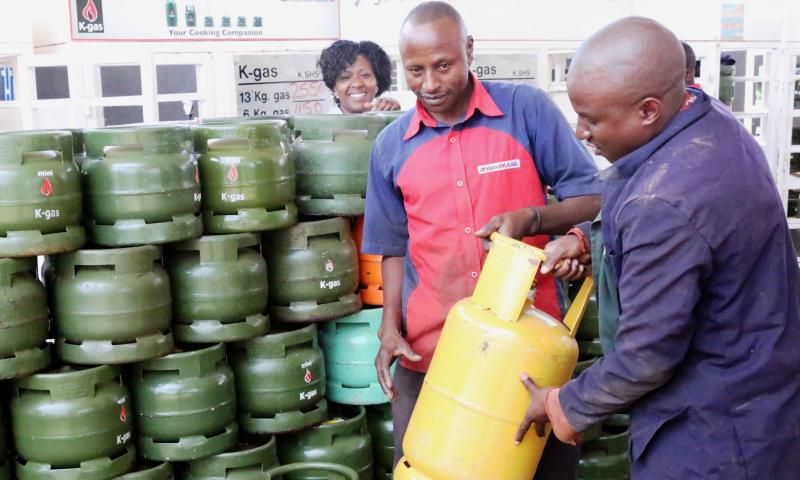×
The Standard e-Paper
Smart Minds Choose Us

The Government has introduced duty on the importation of gas cylinders, which could put the cooking gas out of reach of many poor Kenyans.
This comes barely two months after National Treasury Cabinet Secretary Henry Rotich imposed punitive excise taxes on kerosene, another fuel popular with a majority of poor households.